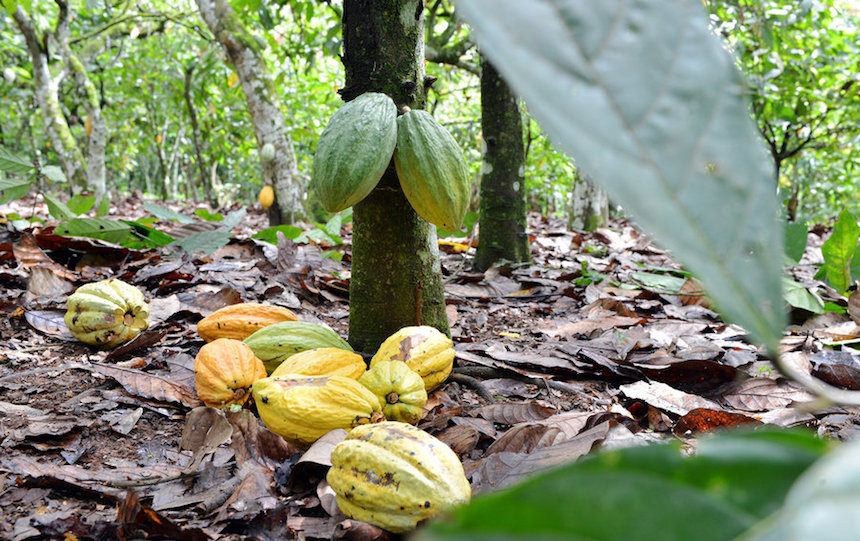
At last week’s Climate & Health Meeting in Atlanta, Georgia, experts from public institutions, universities, and advocacy groups discussed the health impacts of climate change. Climate change will affect the world’s food supply in three ways, experts say.
“There will be impacts on the quantity, quality and location of the food we produce,” said Dr. Sam Myers, a medical doctor and senior research scientist studying environmental health at Harvard University’s T.H. Chan School of Public Health. “We’ve never needed to increase food production more rapidly than we do today to keep up with global demand,” Myers told Live Science. But, “at the very same time, we’re fundamentally transforming the biological underpinnings” of how we produce food, he said.
Climate change will reduce the amount of global food production. Just ten years ago, some experts predicted that rising carbon dioxide levels might act as a fertilizer and increase food yield, but recent research suggests the net effects of climate change will result in a decrease in food yield. According to Live Science, studies have shown that the combination of increased levels of carbon dioxide in the atmosphere, rising temperatures, and changes to precipitation may result in significant lower yields for staple crops such as corn and wheat, particularly in tropical areas, where food production is normally high, Myers said. Regions that experience increasing temperatures due to climate change will see an increase in crop pests. Pests are responsible for 25 to 40 percent of all crop loss, and the effects of climate change will only expand the areas affected by them. Pests are also likely to migrate into new regions where plants lack the defenses to ward them off. Myers adds that climate change may force some pest predators, such as birds, to shift the timing of their migrations, which could prevent them from keeping pest populations in check.
Agriculture in tropical regions will be negatively affected by climate change. Not only will higher temperatures make it more difficult for farmers to work during hot summer days- leading to less food production, but other food sources, such as fish will migrate towards Earth’s poles as the ocean warms. The decrease in food production near the equator could cause widespread famine as the majority of all human population growth predicted for the next 50 years will occur in the tropics. Climate change will cause regions closer to Earth’s poles to experience warmer weather and longer growing seasons, but these changes will not counter the loss of production in the tropics.
When certain foods are grown at high levels of atmospheric carbon dioxide, they lose some nutritional value. In Increasing CO2 threatens human nutrition, published in 2014 in the journal Nature, Myers and fellow researchers grew crops, including wheat and corn, under two conditions: normal and elevated carbon dioxide levels, the later represented the estimated concentration of carbon dioxide in the atmosphere in fifty years. Crops grown under elevated carbon dioxide levels had lower levels of protein, zinc, and iron. Researchers have yet to understand why elevated levels of carbon dioxide cause crops to lose nutrients. The findings illustrate how the effects of climate change are still surprising, even to scientists, Myers said. “Never in a million years would we have” predicted that an effect of climate change would be crops losing their nutritional value, he said.
“There’s no way we would’ve anticipated that,” Myers said.
The Climate & Health Meeting hosted by former U.S. Vice President Al Gore, the American Public Health Association (APHA), The Climate Reality Project, Harvard Global Health Institute, the University of Washington Center for Health and the Global Environment, the University of Wisconsin-Madison Global Health Institute, and Dr. Howard Frumkin, former director of the CDC’s National Center for Environmental Health, was held to fill the gap left by the cancelled Climate & Health Summit originally to be co-hosted and sponsored by the CDC. APHA Executive Director Georges Benjamin, MD, told Medscape Medical News that the meeting was cancelled by CDC officials partly because of concerns of opposition from the Trump administration.
Watch the recording


